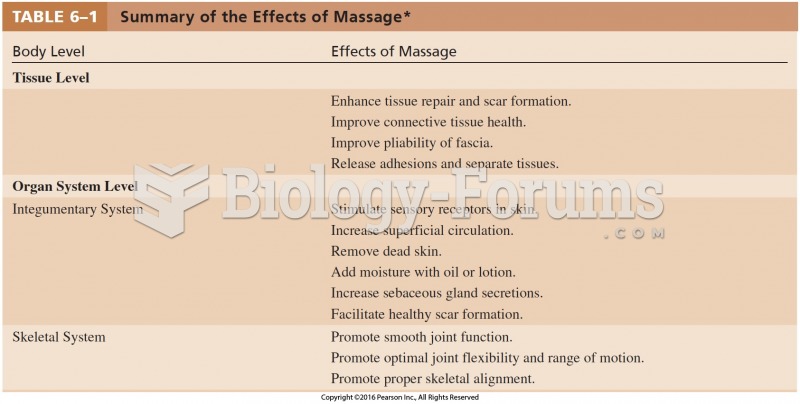|
|
|
Although puberty usually occurs in the early teenage years, the world's youngest parents were two Chinese children who had their first baby when they were 8 and 9 years of age.
The average office desk has 400 times more bacteria on it than a toilet.
The heart is located in the center of the chest, with part of it tipped slightly so that it taps against the left side of the chest.
Bacteria have been found alive in a lake buried one half mile under ice in Antarctica.
There can actually be a 25-hour time difference between certain locations in the world. The International Date Line passes between the islands of Samoa and American Samoa. It is not a straight line, but "zig-zags" around various island chains. Therefore, Samoa and nearby islands have one date, while American Samoa and nearby islands are one day behind. Daylight saving time is used in some islands, but not in others—further shifting the hours out of sync with natural time.







